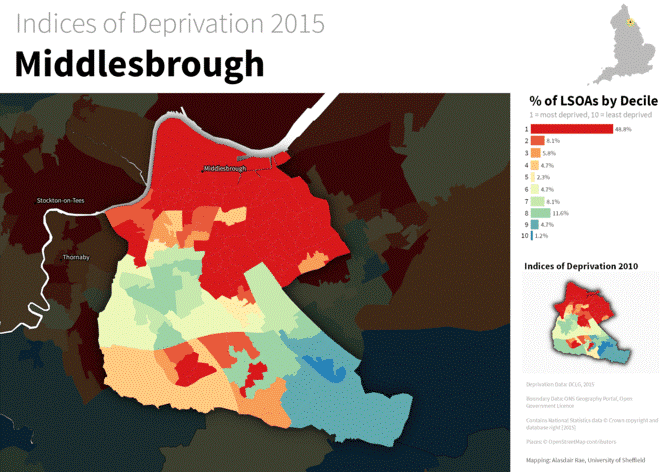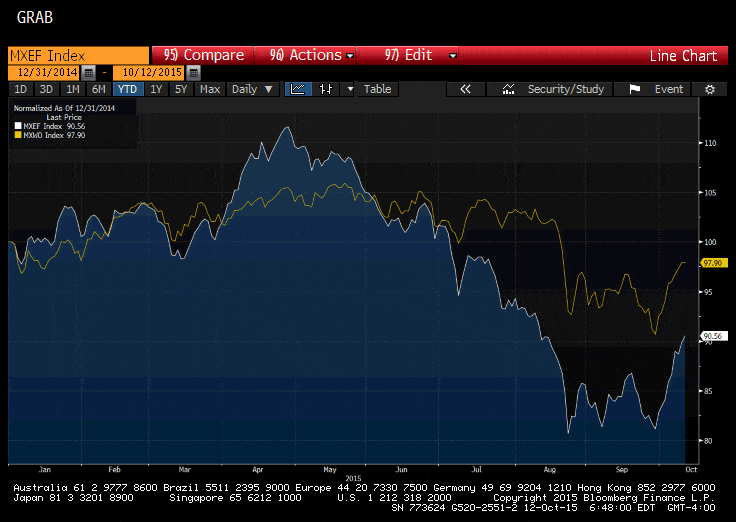Inequality Stretches Across England
With its long history of feudal oppression, industrial workhouses, and dire slums, England is no stranger to deprivation. Even today, we are all too familiar with phenomena like “beds in sheds,” soaring food bank use and fuel poverty. Therefore, it is hardly surprising that, whenever there is a release of a new deprivation dataset, we tend to focus our attention on the “most deprived” places across England.






